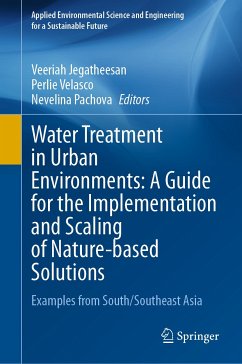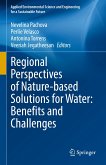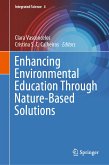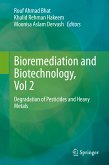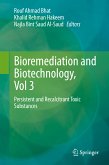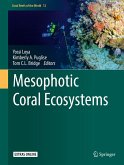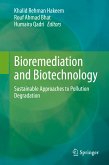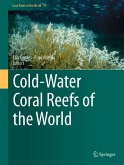This book provides a collection of guidelines for the implementation of three types of NbS for water treatment in urban environments across cities in South/Southeast Asia, namely constructed wetlands, green roofs and floating treatment wetlands. The guides were developed based on existing experiences with the establishment, operation, and maintenance of those three types of NbS in three different countries in South/Southeast Asia and the lessons learnt from their implementation. They provide detailed outlines of suggested steps for ensuring successful implementation in the respective local contexts. Those include overall planning schemes, surveys for socio-economic evaluations, suggested methods for construction and associated costs, required maintenance as well as a range of operational monitoring parameters. It also includes examples of approaches for the scaling of the three types of NbS discussed in the book in their respective local contexts.
This book is expected to benefit local government units and contractors, and other stakeholders involved in NbS implementation and up-scaling, as well as researchers and postgraduate students who plan to conduct pilot-scale studies on NbS.
<
Dieser Download kann aus rechtlichen Gründen nur mit Rechnungsadresse in A, B, BG, CY, CZ, D, DK, EW, E, FIN, F, GR, HR, H, IRL, I, LT, L, LR, M, NL, PL, P, R, S, SLO, SK ausgeliefert werden.

